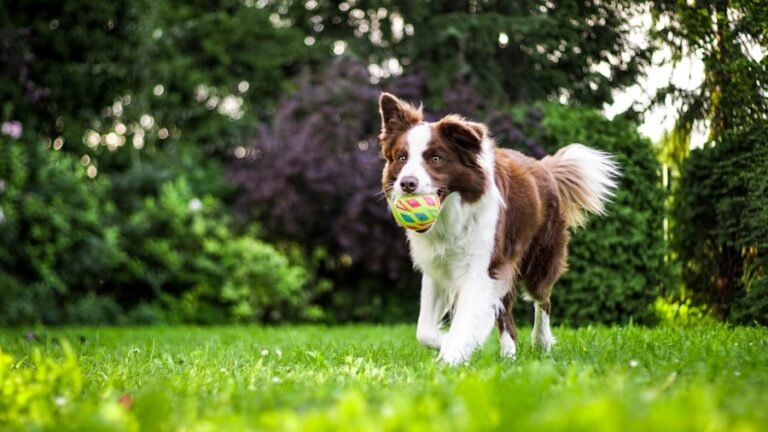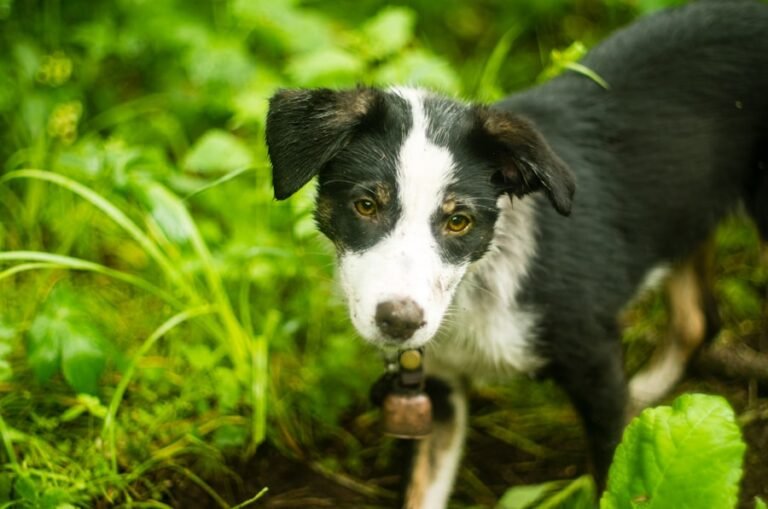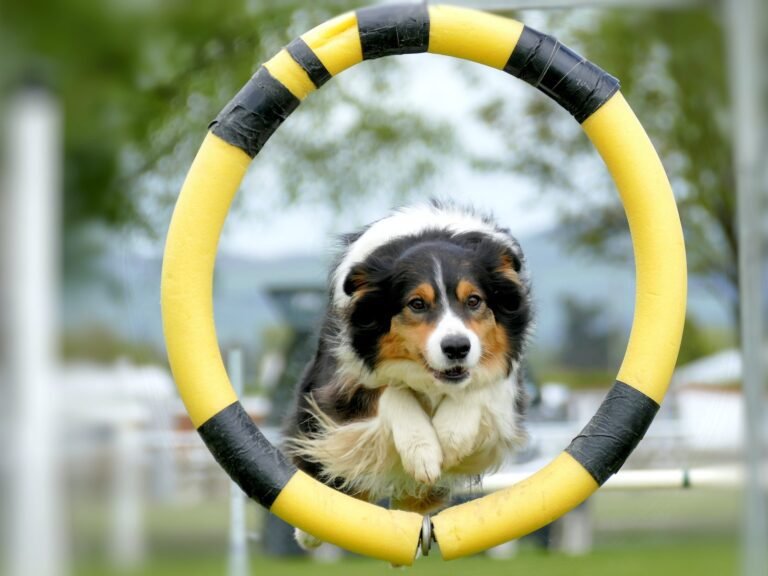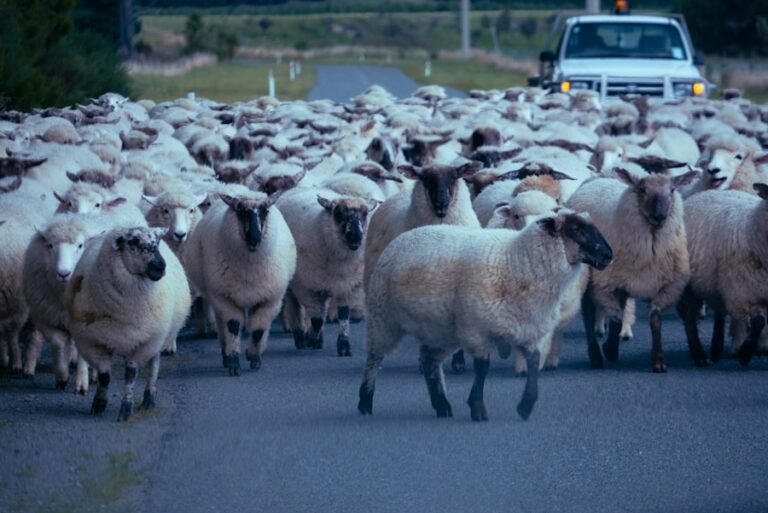From Pup to Pro: Understanding the Signs of Adulthood in Your Border Collie
Border Collies are a highly intelligent and energetic breed of dog that is known for their herding abilities and agility. They are medium-sized dogs with a strong and athletic build, and they are known for their intense stare and intense focus when working. Border Collies are highly trainable and excel in various dog sports and activities, making them a popular choice for active individuals and families. As puppies, Border Collies are full of energy and curiosity, but as they grow and mature, they undergo physical and behavioral changes that mark their transition into adulthood.
Physical Signs of Adulthood in Border Collies
As Border Collies reach adulthood, they undergo various physical changes that indicate their transition from puppyhood. One of the most noticeable changes is their growth in size and weight. Adult Border Collies typically reach their full height and weight by the age of 12-15 months, with males reaching a height of 19-22 inches and females reaching a height of 18-21 inches. Their bodies also become more muscular and well-defined, with a strong and athletic build that reflects their agility and endurance. Additionally, adult Border Collies develop a thicker and more lustrous coat, which requires regular grooming to keep it healthy and free of mats and tangles.
Behavioral Changes in Adult Border Collies
In addition to physical changes, adult Border Collies also undergo behavioral changes as they mature. One of the most noticeable changes is their increased focus and attention span. As puppies, Border Collies are easily distracted and have a short attention span, but as they grow older, they become more focused and attentive, making them easier to train and work with. Adult Border Collies also become more independent and confident, and they may exhibit a stronger herding instinct and a desire to control their environment. They may also become more reserved and cautious around strangers, and they may exhibit protective behaviors towards their family and territory. It is important for owners to understand and accommodate these behavioral changes to ensure a smooth transition into adulthood for their Border Collie.
Training and Socialization in Adult Border Collies
Training and socialization are crucial aspects of raising a well-behaved and well-adjusted adult Border Collie. As puppies, Border Collies are highly impressionable and eager to learn, but as they reach adulthood, they may become more stubborn and independent, making training and socialization more challenging. However, with patience, consistency, and positive reinforcement, adult Border Collies can continue to learn and develop new skills. It is important to provide them with mental and physical stimulation to keep them engaged and prevent boredom and destructive behaviors. Socialization is also important to expose adult Border Collies to new people, animals, and environments, helping them to become more confident and well-rounded individuals.
Health Considerations for Adult Border Collies
As adult Border Collies age, they may be prone to certain health issues that are common in the breed. One of the most common health concerns for adult Border Collies is hip dysplasia, a genetic condition that affects the hip joints and can cause pain and mobility issues. Regular exercise, a balanced diet, and maintaining a healthy weight can help reduce the risk of hip dysplasia and other joint problems. Adult Border Collies may also be prone to eye conditions such as progressive retinal atrophy and cataracts, as well as epilepsy and certain types of cancer. Regular veterinary check-ups, a nutritious diet, and proper grooming and dental care are essential for maintaining the health and well-being of adult Border Collies.
Exercise and Activity Levels for Adult Border Collies
Border Collies are a highly active and energetic breed that requires plenty of exercise and mental stimulation to stay happy and healthy. As adult dogs, Border Collies need at least 60-90 minutes of vigorous exercise each day to burn off their energy and prevent boredom and destructive behaviors. This can include activities such as running, hiking, playing fetch, and participating in dog sports and agility training. In addition to physical exercise, adult Border Collies also need mental stimulation to keep their sharp minds engaged. Puzzle toys, interactive games, and obedience training are great ways to challenge and entertain adult Border Collies, helping to prevent behavioral issues and promote a strong bond between the dog and their owner.
Diet and Nutrition for Adult Border Collies
A balanced and nutritious diet is essential for the health and well-being of adult Border Collies. As active and athletic dogs, Border Collies require a diet that is high in quality protein to support their muscle development and energy needs. Adult Border Collies should be fed a diet that is appropriate for their age, size, and activity level, with portion control to prevent obesity and weight-related health issues. It is important to provide adult Border Collies with a diet that is rich in essential nutrients such as omega-3 fatty acids, vitamins, and minerals to support their overall health and immune system. Owners should also monitor their dog’s weight and body condition and adjust their diet as needed to maintain a healthy weight and prevent obesity.
Mental Stimulation for Adult Border Collies
In addition to physical exercise, adult Border Collies also need mental stimulation to keep their sharp minds engaged and prevent boredom and destructive behaviors. Border Collies are highly intelligent and thrive on mental challenges, so it is important to provide them with activities and games that stimulate their minds. Puzzle toys, interactive games, and obedience training are great ways to challenge and entertain adult Border Collies, helping to prevent behavioral issues and promote a strong bond between the dog and their owner. Mental stimulation is also important for preventing anxiety and boredom in adult Border Collies, helping them to stay happy and content in their home environment.
Transitioning from Puppyhood to Adulthood
The transition from puppyhood to adulthood is a significant milestone in the life of a Border Collie, and it is important for owners to understand and accommodate the physical and behavioral changes that occur during this time. As puppies, Border Collies are full of energy and curiosity, but as they grow and mature, they become more focused, independent, and confident. It is important for owners to provide adult Border Collies with plenty of exercise, mental stimulation, and socialization to help them adjust to their new role as an adult dog. Training and consistency are also important during this transition, as adult Border Collies may become more stubborn and independent, requiring patience and positive reinforcement to continue learning and developing new skills.
Tips for Supporting Your Border Collie’s Transition to Adulthood
Supporting your Border Collie’s transition to adulthood requires patience, consistency, and understanding of their physical and behavioral changes. Providing them with plenty of exercise, mental stimulation, and socialization is essential for helping them adjust to their new role as an adult dog. Training and positive reinforcement are also important for continuing to develop their skills and maintain a strong bond with their owner. Regular veterinary check-ups, a balanced diet, and proper grooming and dental care are essential for maintaining the health and well-being of adult Border Collies. With the right care and support, adult Border Collies can thrive and continue to be loving and loyal companions for many years to come.









